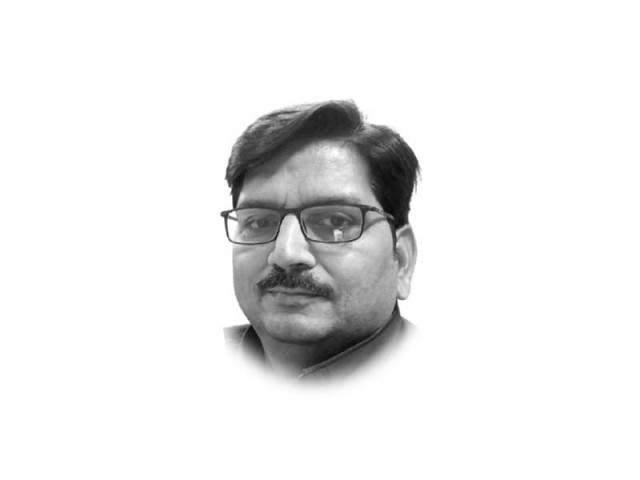Faith-neutral approach to education
The religious content must be confined to the religious subjects

Some high-achieving students suddenly began arriving late to school. They were warned, fined, and reported to parents. Nonetheless, their newly adopted behaviour remained unchanged. Over time, the number of latecomers increased, making the change conspicuous. Later, a common thread was discovered: they were all Christians.
Actually, religiously discriminatory things were included as an essential part of the morning assembly. The recitation of the Holy Quran, the offering of Na'at, and the choral recitation of invocations Islamised the assembly session expected to be all inclusive. Sometimes, teachers, without ascertaining the reason and reality, punished them for not joining the choral prayers.
The marginalisation became more intolerable when a teacher cum preacher daily asked about the regular offering of five prayers. He asked the students who hadn't completed the count to raise their hands. Some mischievous students would point out the minority students for not raising hands, forcing them to reveal their hitherto unknown religious identity. Consequently, they opted out of the assembly session by coming late. One student asked why they weren't allowed to recite from their holy Book or sing their hymns, as Muslims believe in all the revealed books. The teacher had no answer.
To hide their religious identity to avoid discrimination, the students don't opt for the subject of Ethics offered in place of Islamic Studies. Also, because of the shortage of teachers, schools neither appoint a teacher nor allocate periods for Ethics in the school timetable. It's a blatant violation of Article 22(1) of the Constitution of Pakistan, which says: "No person attending any educational institution shall be required to receive religious instruction, or take part in any religious ceremony or attend religious worship, if such instruction or worship relates to a religion other than his own."
No elective subject exists for minorities against Tarjumatul Quran - a compulsory subject introduced by the PTI government and played as a religion card. They are granted marks commensurate with those obtained in Ethics. Recently, Sindh MPA Mahesh Kumar has demanded the title Ethics or Akhlaqiat be changed into Religious Studies. He also said that 18.7% religious content is present in Sindh text board books.
It seems imperative to see how Muslim students are treated in non-Muslim institutions. I have the experience of teaching in a Christian educational institution. At every Christmas, fruits were distributed, but only among the Christian students. A sense of deprivation and discrimination sat on the Muslim students' faces that day. Sometimes, the students shared sweets with their Muslim class fellows. No Muslim festival was ever celebrated there. There was also a discrimination of fees for C students and M students. So, religious bias also existed there.
Despite having compulsory subjects of Islamic Studies and Tarjumatul Quran, the presence of religious content in general subjects cramps space for minorities. A study titled 'What Are We Teaching at School?' by the Lahore-based research and advocacy organisation Centre for Social Justice (CSJ) shows the subjects with the highest concentration of religious content: Pakistan Studies (58%), followed by Urdu (38%), Social Studies (33.1%), History (26.8%), English (24.2%) and General Knowledge (12.3%). The report asserts that textbooks lack alternative content for minority students.
The last period on Friday is reserved for Bazm-e Adab, where the majority faith dominates. There is nothing wrong with it, but is a minority student allowed to contribute from his religion to this Bazm-e Adab? If not, then it must be purely literary and educational, minimising religious discrimination. Similarly, minority schools having Muslim students must cater to religious sensitivities.
The religious content must be confined to the religious subjects and all proselytising to the study periods of these subjects. The morning assembly must be declericalised, consisting of only Allama Iqbal's A Child's Prayer and the national anthem. The curriculum must be deconfessionalised, and a faith-neutral approach to educational institutions should be adopted to nurture an egalitarian society.















COMMENTS (1)
Comments are moderated and generally will be posted if they are on-topic and not abusive.
For more information, please see our Comments FAQ